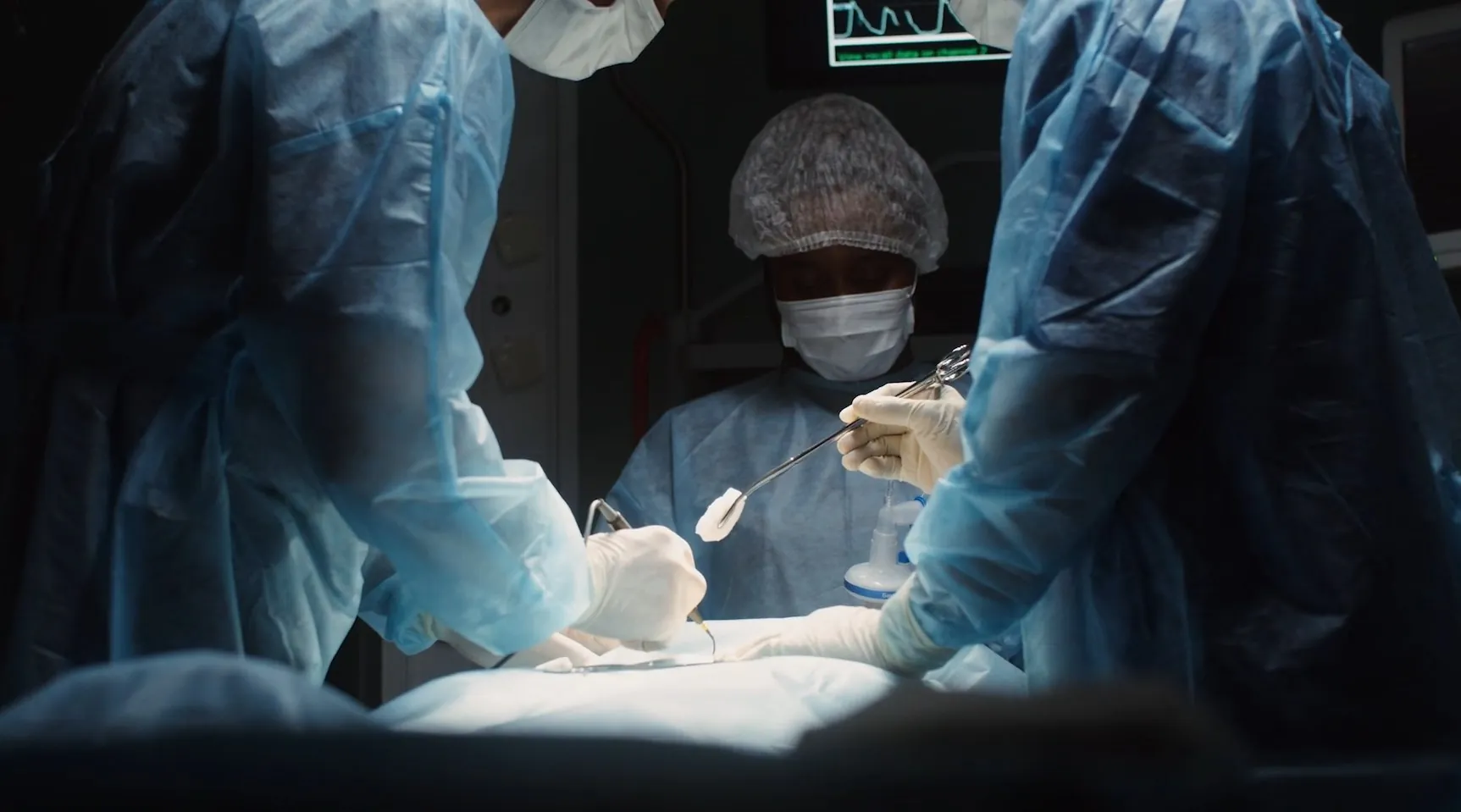Florida Medical Malpractice Lawyer

When you put your health—or the health of someone you love—in the hands of a doctor, nurse, or hospital, you expect competent, careful treatment. Unfortunately, that doesn’t always happen. Medical malpractice can cause life-changing harm, and the path forward can feel daunting.
I’ve spent my career holding healthcare providers accountable when their negligence injures patients. These are complex, high-stakes cases, but for me, they come down to something simple: if someone’s mistake caused you harm, you deserve answers, accountability, and compensation.
What Counts as Medical Malpractice in Florida?
Medical malpractice happens when a healthcare provider fails to meet the accepted standard of care and that failure causes injury. In every case, we have to prove four things:
- Duty of Care – The provider owed you competent medical treatment.
- Breach – They failed to meet that professional standard.
- Causation – Their failure directly caused your injury.
- Damages – You suffered physical, emotional, or financial harm.
FAQ: What are examples of malpractice?
Misdiagnosis, surgical mistakes, medication errors, birth injuries, anesthesia errors, failure to treat a diagnosed condition, and emergency room mistakes are among the most common.
Injured and Have Questions?
Call us or request a case review by our experts.

The Most Common Medical Malpractice Cases I Handle
- Misdiagnosis or Delayed Diagnosis – When early detection could have made the difference, but the provider missed or misread the signs.
- Surgical Errors – Wrong-site surgery, wrong procedure, leaving instruments inside the patient, or causing nerve damage.
- Medication Errors – Prescribing the wrong drug or dosage, ignoring drug interactions, or overlooking allergies.
- Birth Injuries – Cerebral palsy, brachial plexus injuries, fractures, and maternal harm during labor or delivery.
- Anesthesia Errors – Overdose, underdose, failing to monitor vital signs, or missing important medical history.
- Failure to Treat – Diagnosing a condition but not treating it promptly or appropriately.
- Emergency Room Errors – Misdiagnosing heart attacks or strokes, improper triage, or failing to order necessary tests.
Damages in a Florida Medical Malpractice Case
If malpractice caused your injury, you may be entitled to recover:
- Economic Damages – Medical bills (past and future), rehabilitation, lost wages, reduced earning capacity, long-term care costs.
- Non-Economic Damages – Pain and suffering, emotional distress, loss of enjoyment of life.
- Punitive Damages – In rare cases, for reckless or egregious misconduct.
FAQ: Are there limits on damages in Florida?
Yes—Florida caps non-economic damages in medical malpractice cases. The limit depends on whether the defendant is a practitioner or a non-practitioner.
Florida’s Filing Deadlines
You generally have two years from the date of the malpractice—or from the date you discovered it—to file a claim.
FAQ: Are there exceptions?
Yes—if fraud or concealment by the provider delayed discovery, the time limit may be extended.
How I Approach These Cases
Medical malpractice claims require deep investigation, expert testimony, and meticulous preparation. Here’s how my team and I work:
- Comprehensive Review – We gather and analyze your medical records, consult with leading experts, and evaluate whether malpractice occurred.
- Meeting Florida’s Pre-Suit Requirements – We prepare all necessary notices and expert affidavits before filing.
- Negotiating for You – Many cases resolve before trial, but we prepare every case as if it’s going to court.
- Taking it to Trial – If the only way to get justice is through a jury verdict, we’re ready.
FAQ: Will my case go to trial?
Many resolve in settlement, but we build every case for the courtroom to maximize leverage and results.
Contact Rafferty Domnick Cunningham & Yaffa Today
If you or a loved one has been injured due to medical malpractice, don’t wait. Contact Rafferty Domnick Cunningham & Yaffa today to schedule a free consultation and learn more about your legal rights. Our experienced medical malpractice attorneys are ready to fight for the compensation you deserve, so you can focus on healing and moving forward with your life.






